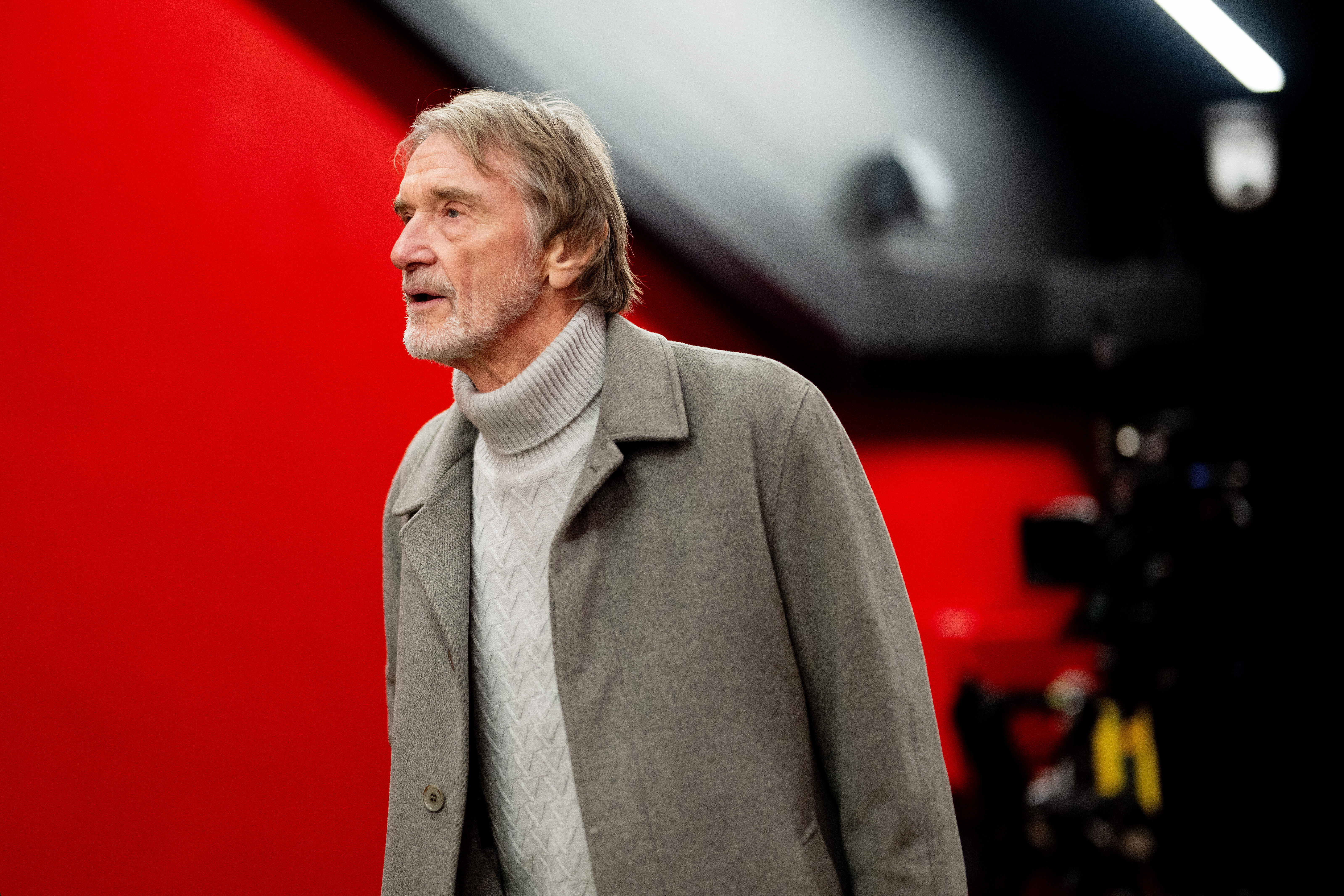The 26 managers who have bossed three or more Premier League teams
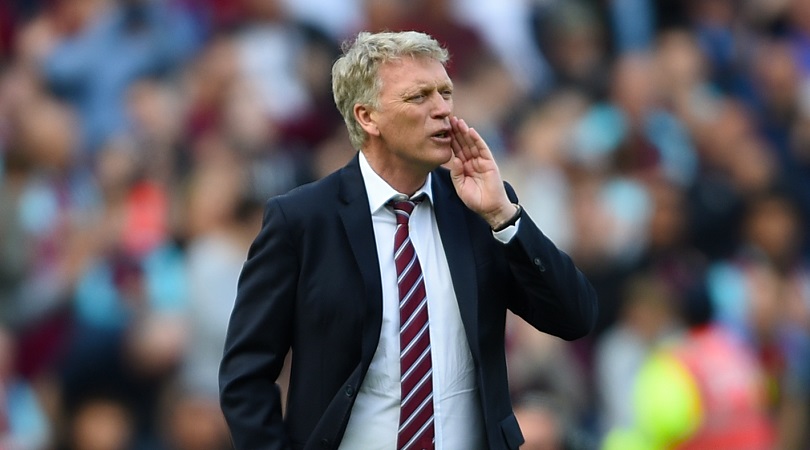
Three or more Premier League clubs
Two of the Premier League’s most experienced managers are currently looking for new jobs, with Sam Allardyce and David Moyes having departed Everton and West Ham respectively.
In this slideshow, we reveal the 26 bosses who have taken charge of three or more clubs – including caretaker spells – in England’s top flight since its rebrand in 1992.
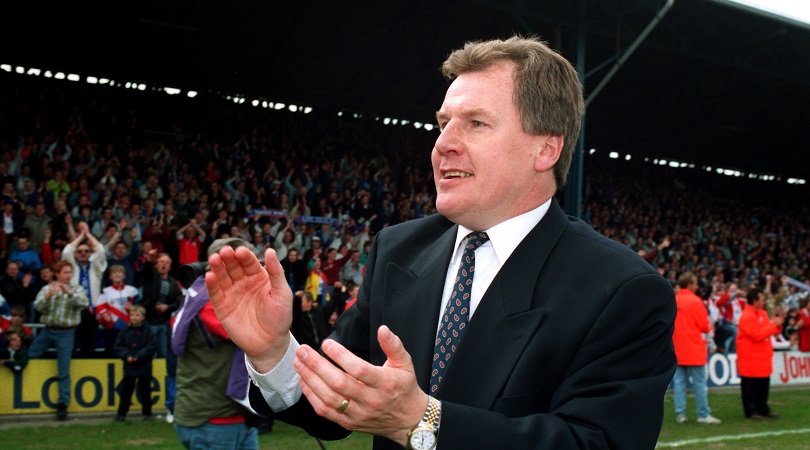
Joe Royle (3)
Royle spent the bulk of his playing career at Everton and Manchester City, and he later returned to both clubs as manager. His three years with the former brought one sixth-place finish and an FA Cup victory, but he was unable to keep City in the top flight after winning promotion at Maine Road in 2000.
Royle’s first battle against relegation from the Premier League was more successful, though: the former striker defied the odds to keep Oldham up in 1992/93.
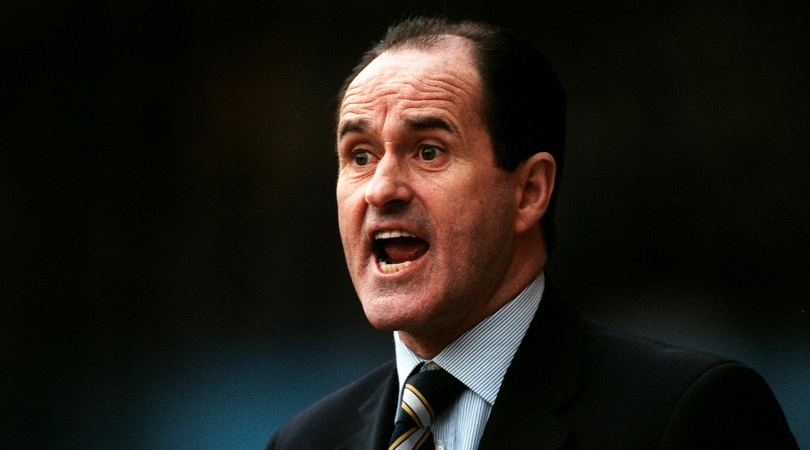
George Graham (3)
Graham’s nine years at Arsenal straddled the First Division’s death and the Premier League’s birth, with the Scot spending three seasons as Gunners manager post-1992.
His next job came at Leeds following a year-long ban from “all football activity” related to irregular payments he received from a Norwegian agent during his time at Highbury. Graham was then installed as Tottenham boss in 1998, winning the League Cup at White Hart Lane but failing to push Spurs beyond mid-table in the Premier League.
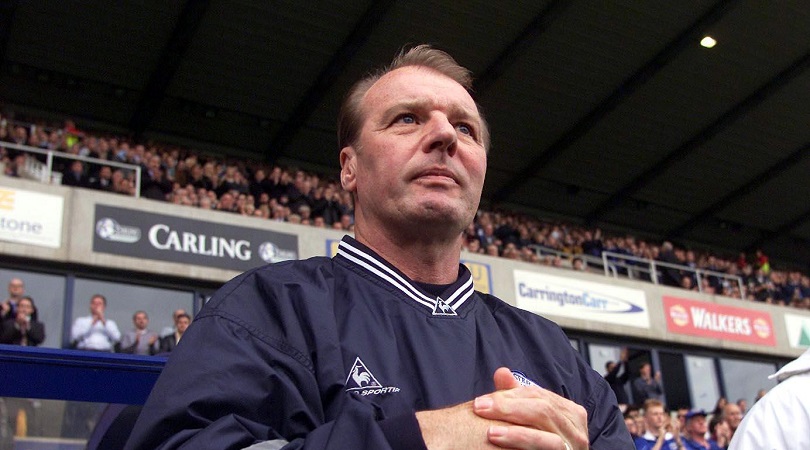
Dave Bassett (3)
Following pre-Premier League era spells in charge of Wimbledon and Watford, Bassett – widely known by his nickname ‘Harry’ – coached Sheffield United in the revamped division’s maiden campaign in 1992/93.
After failing to win promotion with Crystal Palace, Bassett returned to the top flight with Nottingham Forest in 1997. He was unable to save the East Midlanders from relegation but did guide them back into the promised land at the first attempt, before rounding off his Premier League career with Leicester in 2001.
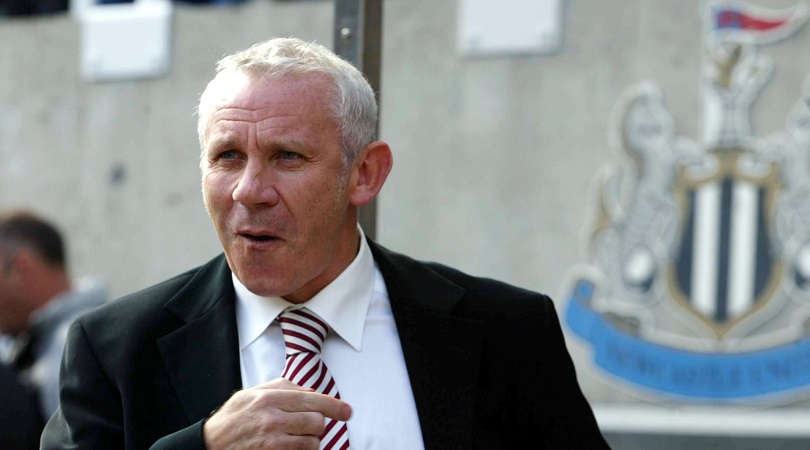
Peter Reid (3)
The first Premier League season was Reid’s last full campaign as Manchester City player-manager, with the midfielder dismissed just four games into 1993/94 after a winless start. After two years out of the game Reid assumed control at Sunderland, with consecutive seventh-place finishes in 2000 and 2001 his greatest accomplishment in the northeast.
Reid kept Leeds in the Premier League in 2002/03, but was fired a few months later as the Yorkshire outfit found themselves in trouble once more. His four most recent managerial jobs – Coventry, Thailand, Plymouth and Mumbai City – all came outside England’s top tier.
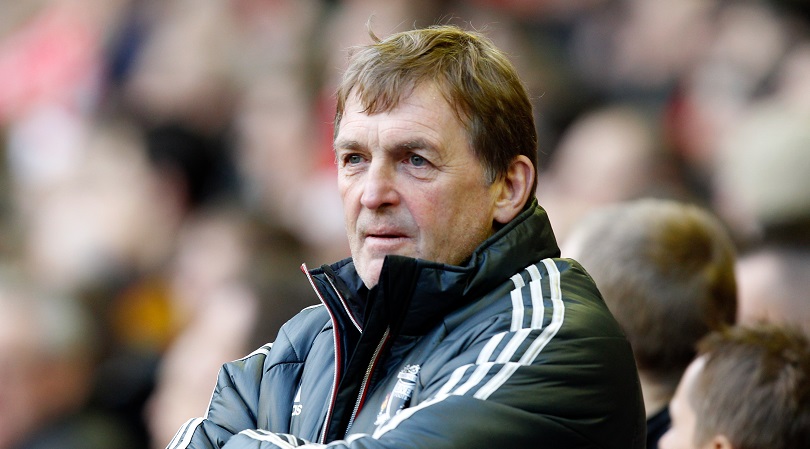
Kenny Dalglish (3)
Continuing the boot room tradition which saw Liverpool promote from within whenever they were looking for a new manager, Dalglish was appointed player-manager of the Reds in 1985. He had resigned by the time of the Premier League’s birth, though, moving to Blackburn in 1991 and winning the title at Ewood Park four years later.
Just as Dalglish the player had replaced Kevin Keegan at Anfield in the 1970s, he succeeded the same man as Newcastle boss in 1997. After 11 years out of management, the Scot returned as Liverpool honcho in 2011.
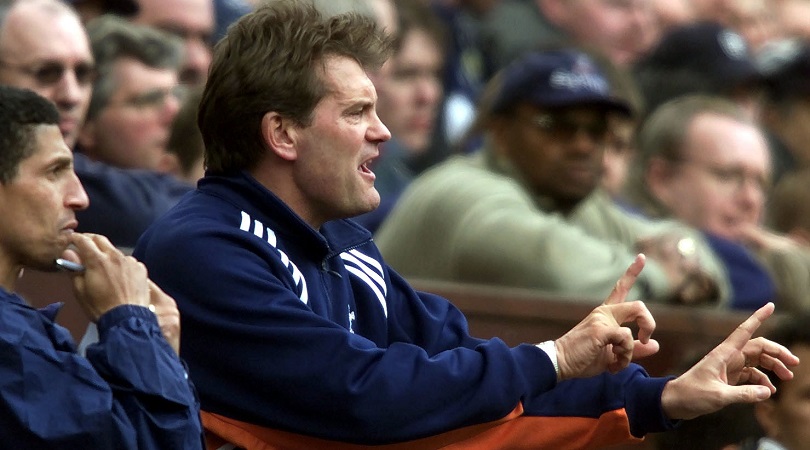
Glenn Hoddle (3)
Hoddle’s first taste of life in the dugout came as a 33-year-old, when he took up a position as Swindon’s player-manager. The former England international assumed the same role at Chelsea in 1993, before hanging up his boots for good two years later.
Following a spell in charge of the national team, Hoddle returned to the Premier League with Southampton in 2000. His final job at the top table came at Tottenham, who finished ninth and 10th in his two full seasons at the helm.
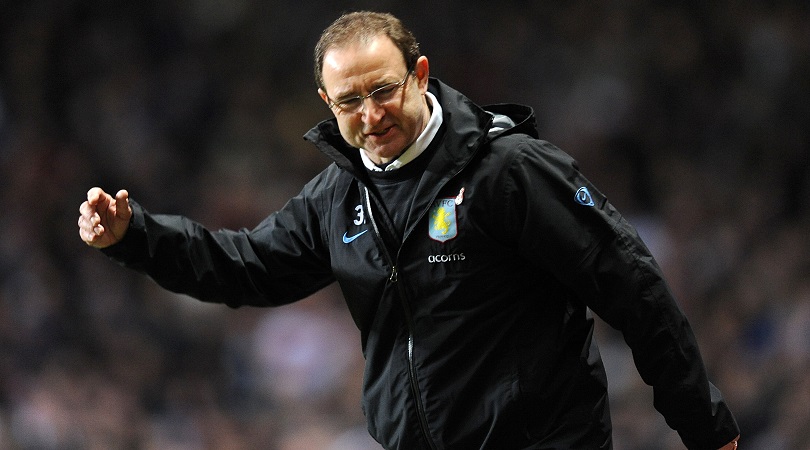
Martin O’Neill (3)
After gradually working his way up the pyramid via Grantham Town, Shepshed Charterhouse, Wycombe and Norwich, O’Neill made it to the top flight when he won promotion with Leicester in 1996.
Four consecutive top-half finishes followed, before the Northern Irishman moved north of the border to Celtic. He returned to the Premier League with Aston Villa, finishing sixth three seasons in a row, before a more disappointing spell at Sunderland.
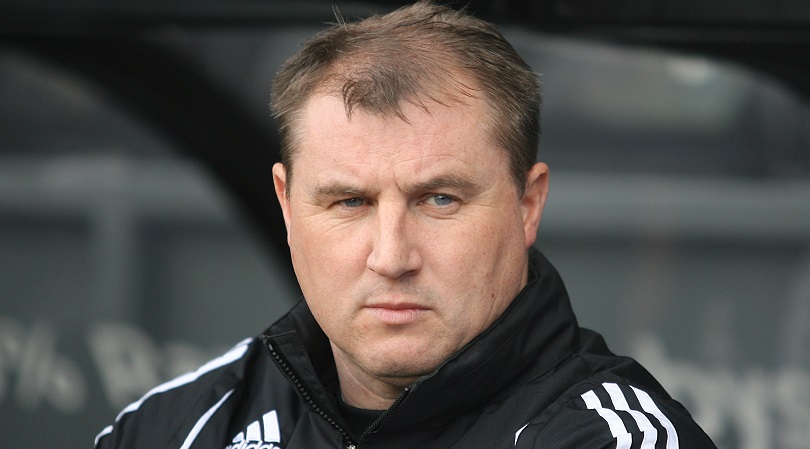
Paul Jewell (3)
Jewell replaced Chris Kamara as Bradford boss in January 1998; eighteen months later, the Bantams were a Premier League side. That was a tremendous achievement considering the former striker had never managed before, and Jewell went one better by keeping Bradford in the top flight the following campaign.
He later led Wigan out of the Championship and secured a 10th-place finish in the Premier League in 2005/06, before successfully avoiding the drop on the final day of 2006/07. Jewell’s next stop was Derby, but he was unable to stop the rot after taking charge in November 2007 and the Rams went down with the lowest points tally (11) in the division’s history.
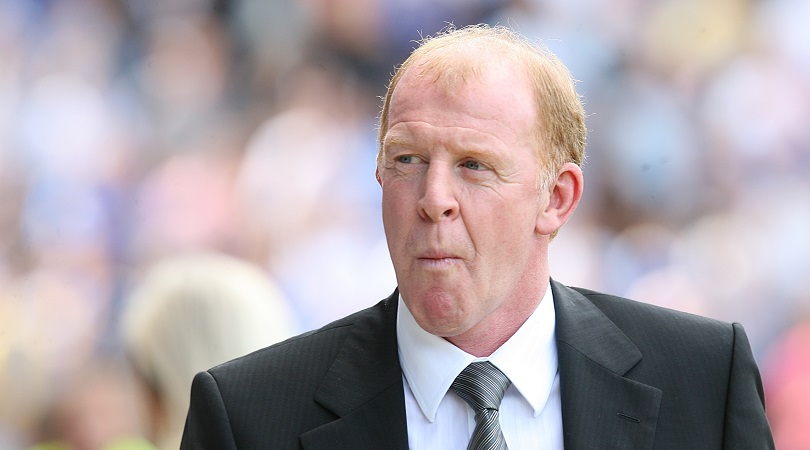
Gary Megson (3)
Megson briefly returned to a Premier League technical area earlier this season, as West Brom entrusted him with the caretaker role after Tony Pulis was dismissed. The Manchester-born gaffer was already a popular figure at The Hawthorns, having previously coached the club between 2000 and 2004.
That was the second time Megson sampled life in the top flight, with Norwich his first Premier League employers in 1994/95. That was only a short-term gig, but he later led Bolton into the knockout stage of the UEFA Cup.
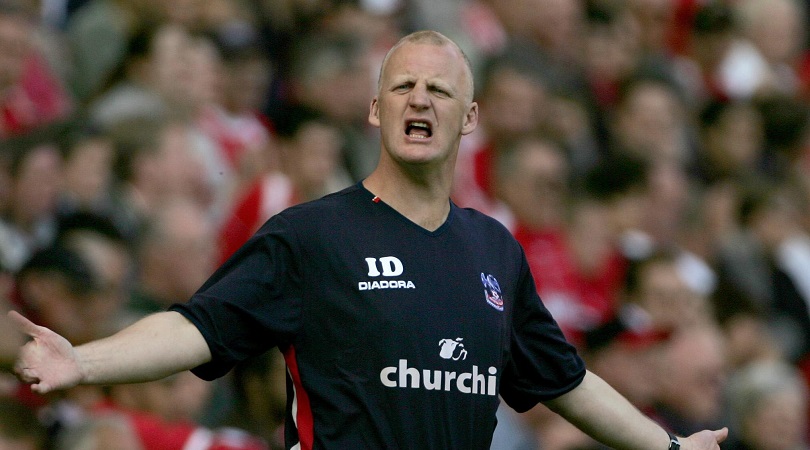
Iain Dowie (3)
Dowie hasn’t spent more than a single season at a Premier League club, but he’s still one of the 26 men to have managed three different outfits at the highest level of the English game.
After dragging Crystal Palace from a second-tier relegation battle to play-off glory in 2003/04, Dowie was unable to keep them in the top flight the following campaign. He moved across south London to Charlton in 2006 but was sacked after 15 games, before an interim spell as Hull’s “Football Management Consultant” also ended in demotion four years later.
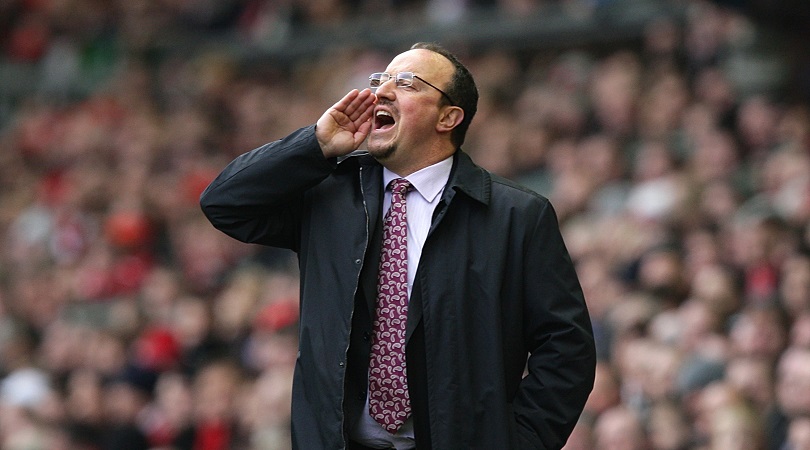
Rafael Benitez (3)
West Ham are currently trying to prise Benitez away from Newcastle, whom he led to an impressive 10th-place finish in 2017/18. It would be a surprise if the Spaniard swapped St James’ Park for the London Stadium, although many were also shocked when he opted to stay with the Magpies following relegation in 2016.
Benitez’s first job in England came with Liverpool, which brought a Champions League trophy in 2005 and a second-place finish in 2009. He later served as interim boss of Chelsea, where he was unpopular with fans despite winning the Europa League and finishing third in the top flight.
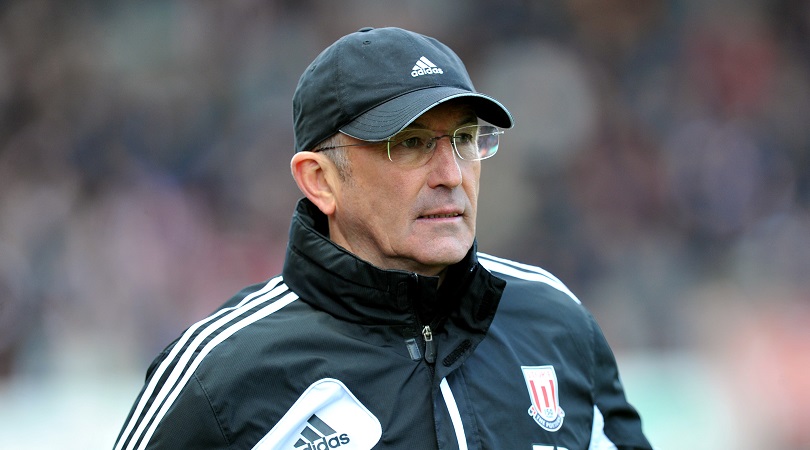
Tony Pulis (3)
Pulis was hoping to become manager of a fourth Premier League club from next season onwards, but a 1-0 aggregate defeat by Aston Villa saw his Middlesbrough side exit the Championship play-offs at the semi-final stage.
The Welshman took Stoke into the top flight in 2008 and kept them there for five seasons, finishing 12th, 11th, 13th, 14th and 13th before departing in summer 2013. He was then hired by Crystal Palace and did a brilliant job of lifting the south Londoners out of the drop zone and into mid-table, before a two-year spell at West Brom which featured its fair share of highs and lows.
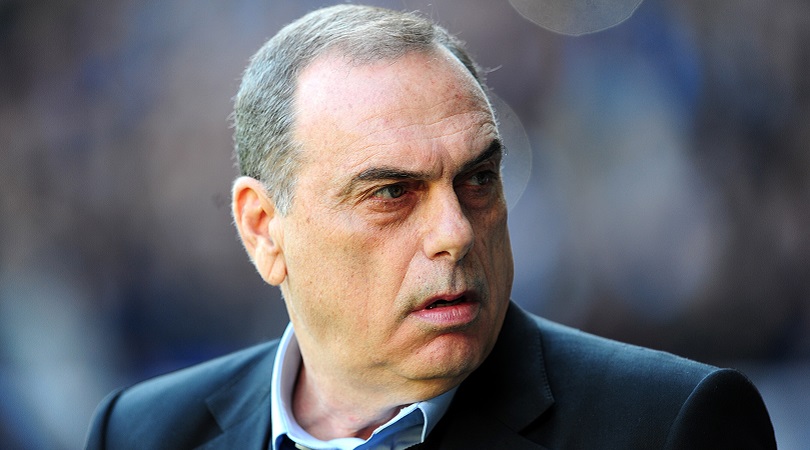
Avram Grant (3)
The former Israel manager joined Chelsea as director of football in summer 2007, but he soon found himself occupying the hot seat following Jose Mourinho’s departure. Grant came close to winning the Champions League in his only season at the helm, while also finishing second in the Premier League.
His next Premier League posting came as director of football at Portsmouth, but Grant again moved downstairs after a few months. Pompey, hamstrung by financial problems and sent into administration, were relegated on his watch, as were West Ham in 2010/11.
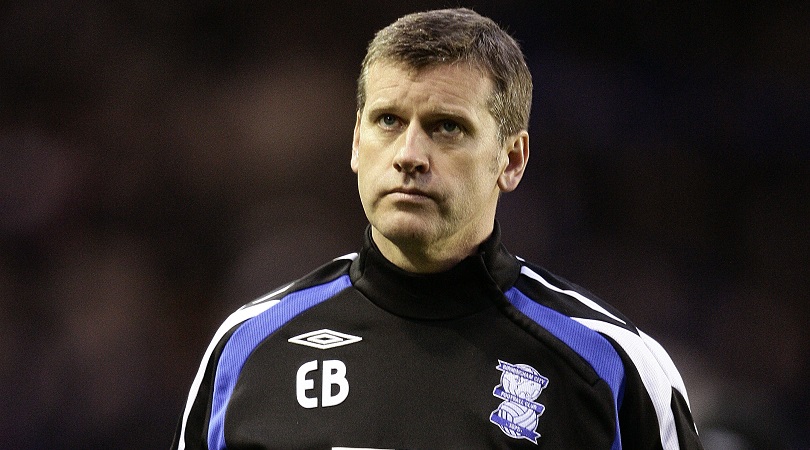
Eric Black (3)
Black’s inclusion on this list may come as a surprise given he’s only ever held two permanent managerial positions, one of which was in Scotland. However, the former Motherwell boss has been entrusted with the caretaker role on several occasions south of the border, including at Aston Villa following Remi Garde’s exit in March 2016.
Black previously spent a single game in charge of both Birmingham and Sunderland following the sacking of Steve Bruce at St Andrew’s and the Stadium of Light.
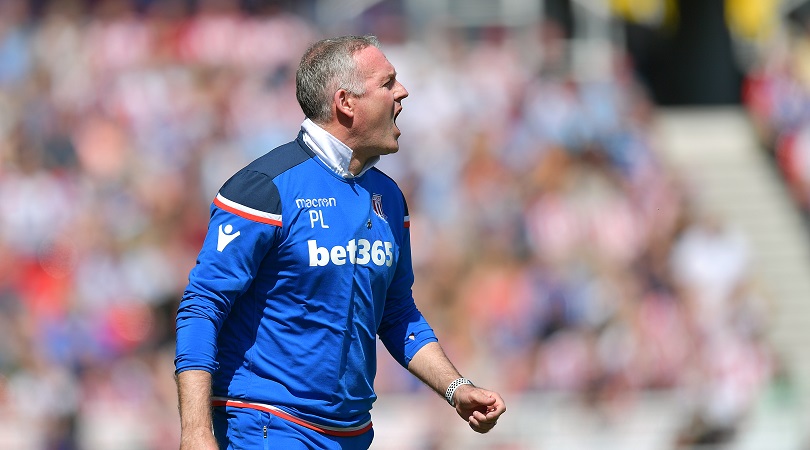
Paul Lambert (3)
Lambert returned to the Premier League with Stoke in January 2018, but he was unable to fulfil his remit of keeping the Potters in the division and duly departed the club in May. The Scot fared better at his previous clubs, particularly Norwich: after leading the Canaries to back-to-back promotions, Lambert secured a 12th-place finish in the top flight in 2011/12.
His spell in charge of Aston Villa wasn’t entirely positive, but Lambert was forced to work in difficult circumstances and, in hindsight, keeping the Midlanders in the Premier League two seasons running was a respectable achievement.
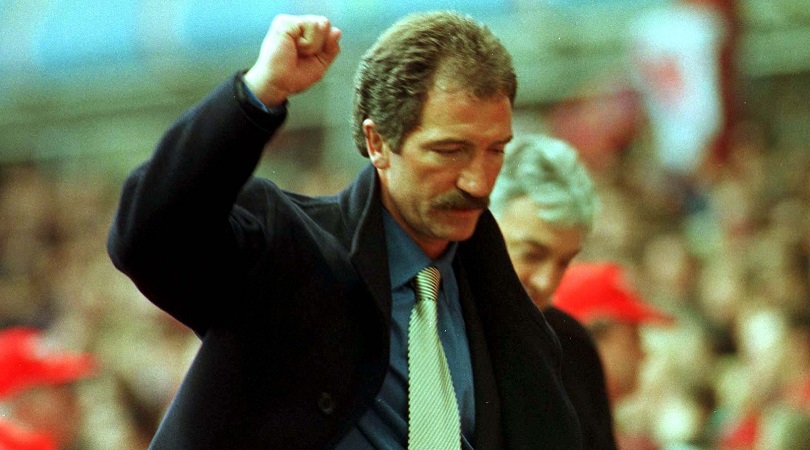
Graeme Souness (4)
Now working as a pundit for Sky Sports, Souness hasn’t managed for over a decade. His last stint as a coach came at Newcastle, where he struggled to get the most out of a talented squad and was sacked in February 2006.
The Scot previously spent four years at the helm of Blackburn, with a sixth-place finish in 2002/03 the undoubted high point. Souness also bossed Southampton and Liverpool in the Premier League, but his success was limited in both jobs.
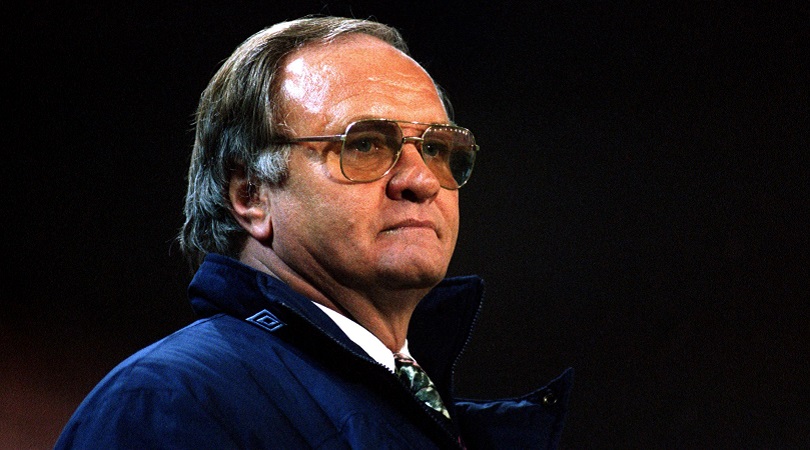
Ron Atkinson (4)
Atkinson may not have prowled a touchline since the turn of the millennium, but not many managers have assumed control of more Premier League clubs than him. Having bossed Manchester United, West Brom and Sheffield Wednesday in the old First Division days, the Liverpool-born gaffer was in charge of Aston Villa when the top flight rebranded in 1992.
Atkinson later avoided relegation with Coventry before becoming director of football at Highfield Road, which preceded further management spells at Wednesday and Nottingham Forest.
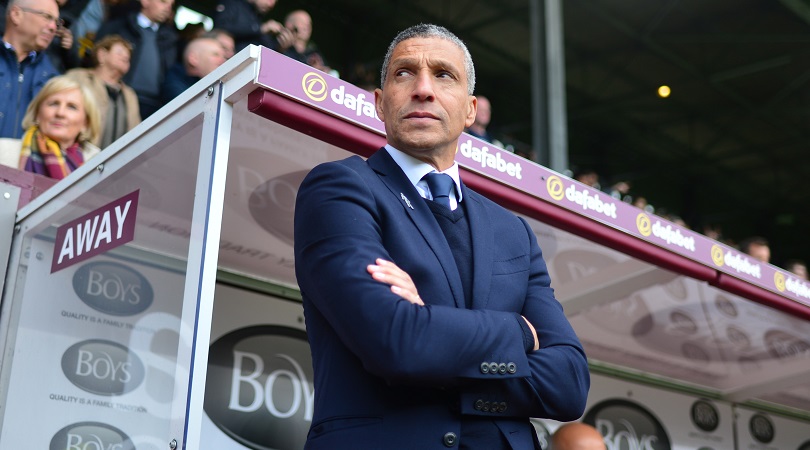
Chris Hughton (4)
Brighton fans were delighted with the recent news that Hughton signed a new contract at the Amex Stadium after keeping Albion in the Premier League in 2017/18. The former Republic of Ireland international was on course to do the same at Newcastle in 2010/11, only to be harshly dismissed in December of that season.
Hughton’s other jobs in the top flight came at Norwich, whom he led to 11th in his first campaign before a drop-off in 2013/14, and Tottenham, where he was briefly caretaker boss in 1997.
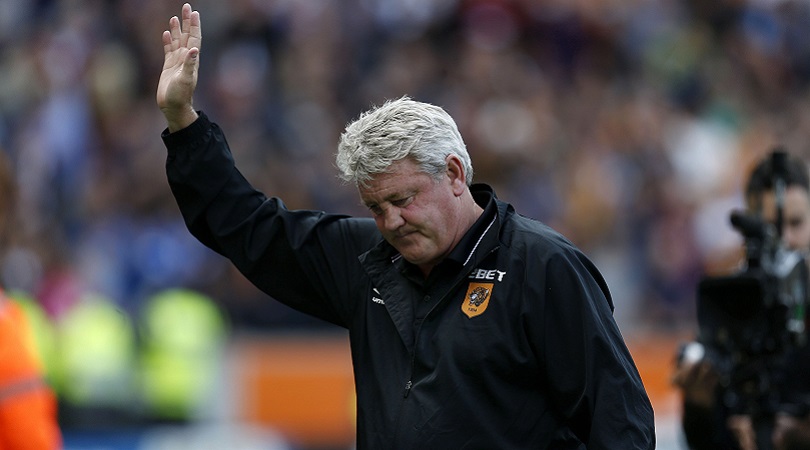
Steve Bruce (4)
Should Aston Villa beat Fulham in next weekend’s Championship play-off final, Bruce will rise higher up the list and join the five-team club. For now, though, he’s stuck on four: Birmingham, Wigan, Sunderland and Hull.
The former Manchester United defender spent six years with Birmingham, winning promotion to the Premier League and initially keeping them there until relegation in 2006. Bruce then did well at Wigan before a mixed spell at Sunderland, which preceded two seasons in the top division (and two in the Championship) with Hull.
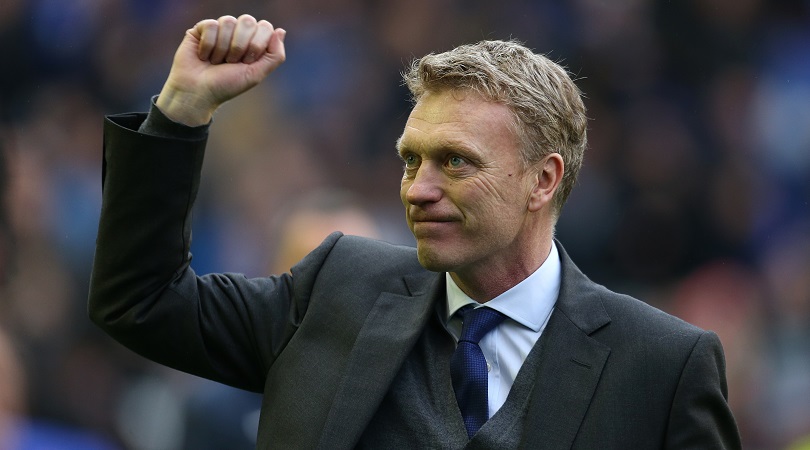
David Moyes (4)
West Ham may have opted against extending Moyes’ contract at the London Stadium, but the 55-year-old can depart with his head held high after keeping the Hammers in the division.
His six months in the capital certainly helped rebuild his reputation following damaging spells at Manchester United and Sunderland, but Moyes’ stock remains lower than it was during his time at Everton. In the Scot’s 11 years at Goodison Park, the Toffees finished in the top seven on no fewer than eight occasions.
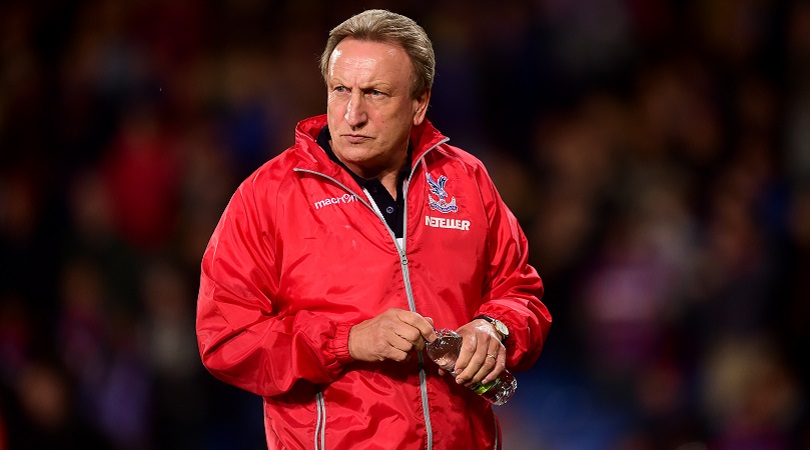
Neil Warnock (4)
Eleven years after declaring Crystal Palace would be his last job in football, Warnock is back in the Premier League with Cardiff. The outspoken Yorkshireman has done a tremendous job in south Wales, earning himself another crack at the big time after previous top-flight spells with Sheffield United, QPR and Palace.
Warnock’s Premier League credentials have been written off in the past, but the 69-year-old would argue he’s been unfortunate in his previous stints at the highest level of the English game. Keeping Cardiff up next term would rank among the promotion specialist’s greatest achievements.
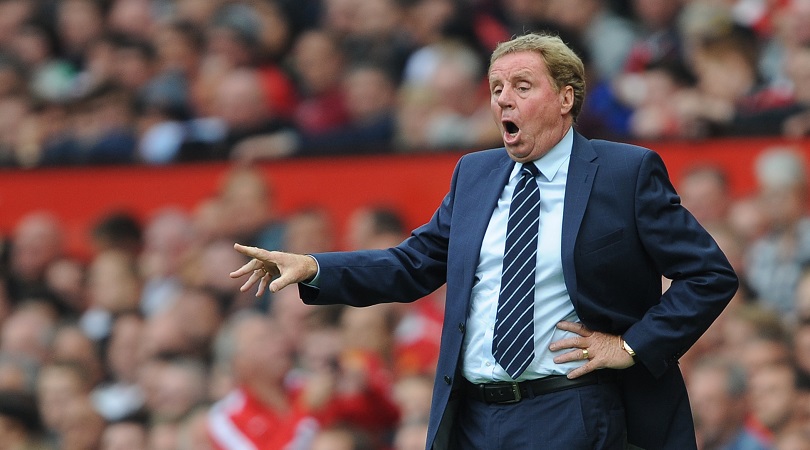
Harry Redknapp (5)
Now 71, it’s unclear whether Redknapp intends to manage again following his ill-fated stint at Birmingham last year. His days as a Premier League boss are surely over, but the former midfielder has plenty of good memories from his time as a top-flight coach.
His seven seasons at West Ham brought four top-half finishes, before Redknapp kept Portsmouth in the division and, in a second spell at Fratton Park a few years later, led the south coast side to FA Cup glory. A brief stay at Southampton didn’t go so well, nor his most recent taste of Premier League life at QPR, although in between those two jobs Redknapp took Tottenham into the Champions League.
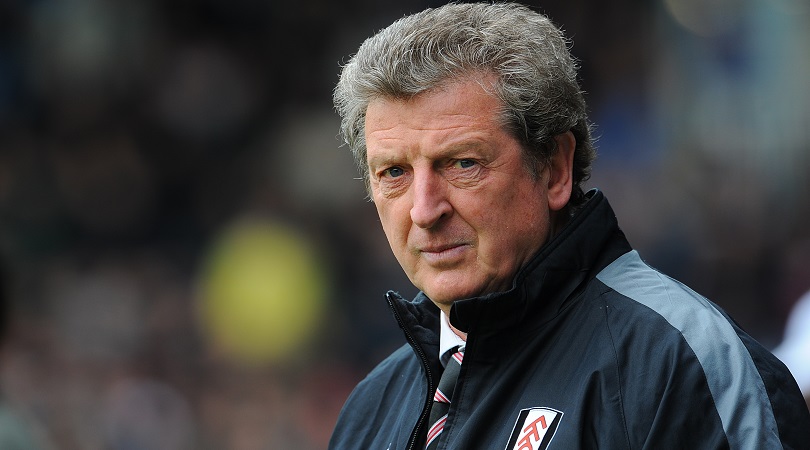
Roy Hodgson (5)
The 70-year-old Hodgson became the oldest manager in the Premier League when he was appointed as boss of hometown club Crystal Palace in September 2017. The former England honcho restored his reputation by guiding the Eagles clear of relegation trouble and into mid-table, despite having been out of the domestic game for five years.
Hodgson has worked in Sweden, Switzerland, Italy, Finland, Denmark and the United Arab Emirates during his lengthy coaching career, with Blackburn, Fulham, Liverpool and West Brom the other Premier League sides he’s managed.
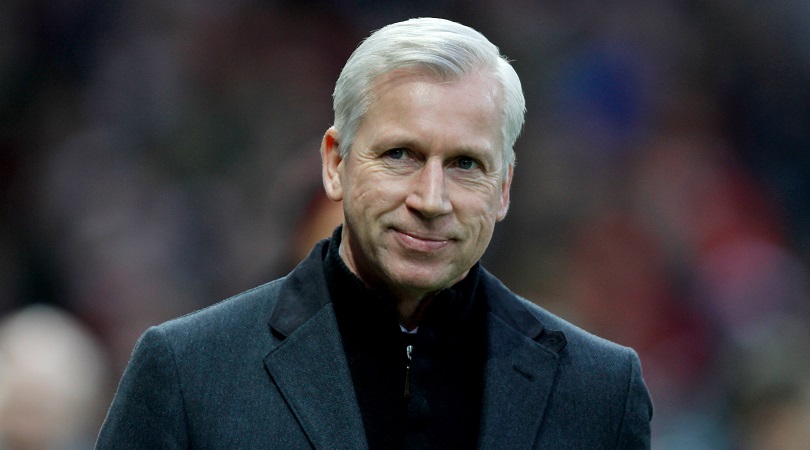
Alan Pardew (5)
After a disastrous reign at West Brom this term, in which the team won just one of his 18 games in charge, it may be some time before Pardew adds to his list of Premier League employers.
His first taste of life at the top table came at West Ham, who finished ninth and reached the FA Cup final under Pardew’s guidance. The former midfielder later worked at Charlton, Newcastle and Crystal Palace, with positive starts giving way to alarming collapses in form at both St James’ Park and Selhurst Park.
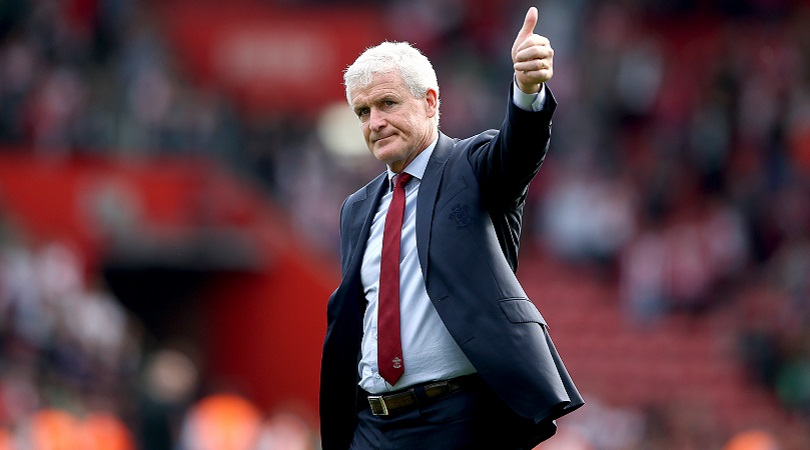
Mark Hughes (6)
Eyebrows were raised when Southampton installed Hughes as Mauricio Pellegrino’s successor in March, but the Welshman fulfilled his remit of keeping the club in the Premier League despite his struggles at Stoke earlier in the campaign.
Hughes has generally done well in his time as a top-flight manager, taking Blackburn into the top six, overseeing a degree of progress at Manchester City, finishing eighth with Fulham and keeping QPR up before struggling in his second season at Loftus Road.
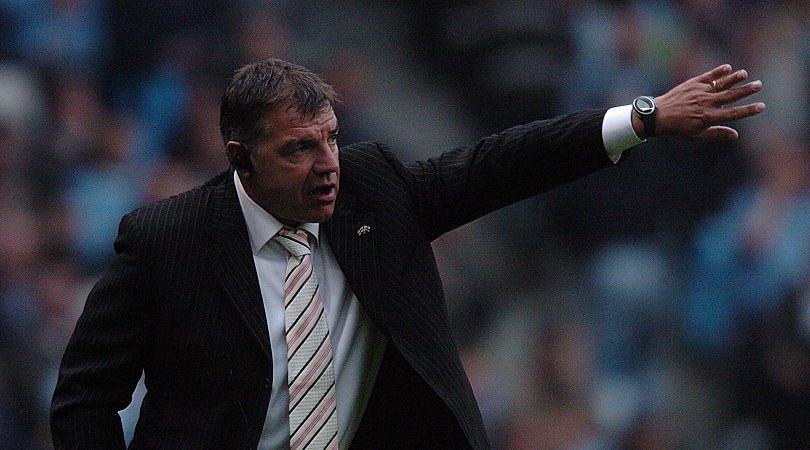
Sam Allardyce (7)
Allardyce claimed “he had no ambition to take another job” when he left Crystal Palace in summer 2017, only to join Everton – his seventh Premier League employer – a few months later.
Big Sam’s top-flight career began at Bolton, whom he guided to promotion from the First Division in 2001. The future England boss led the Trotters into Europe during his eight years in charge, with spells at Newcastle, Blackburn, West Ham and Sunderland preceding his appointment at Palace in December 2016.

Greg Lea is a freelance football journalist who's filled in wherever FourFourTwo needs him since 2014. He became a Crystal Palace fan after watching a 1-0 loss to Port Vale in 1998, and once got on the scoresheet in a primary school game against Wilfried Zaha's Whitehorse Manor (an own goal in an 8-0 defeat).
